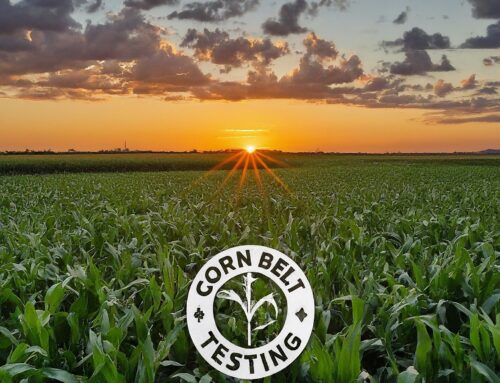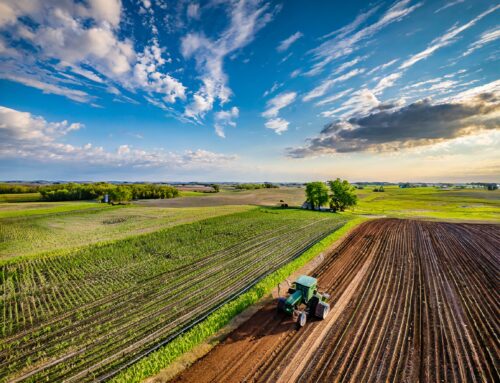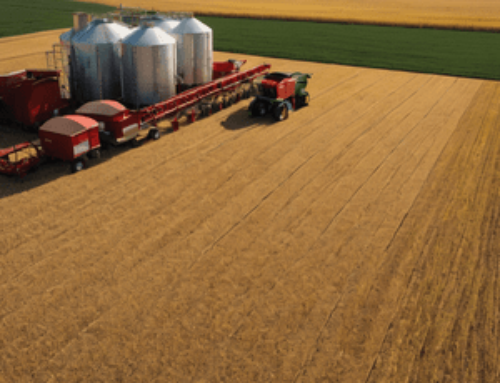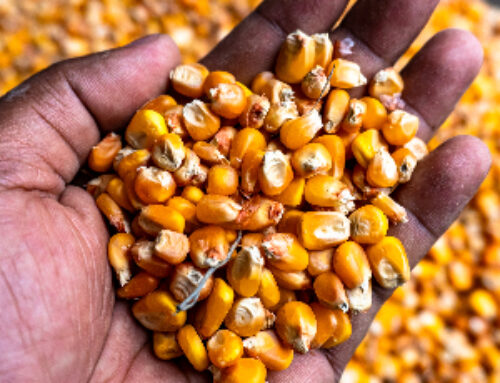
Farm Preparations for a Profitable Harvest Season
Looking ahead the end of summer is a transition to the busiest farming season in the country, the fall harvest. As farmers prepare for a profitable harvest season, one of the key priorities is to minimize errors. Any error made during the harvest will have a direct impact on the farm’s probability and the ability to fund the next planting season. Although most farms intuitively know what is expected of them. Developing a seasonal plan for your farm is both helpful and cost-saving. Let’s have a look at the top five measures to need to take as you prepare for the harvest season.
Preparing Your Farm Equipment for Harvesting
Preparing your farm equipment is a year-long commitment rather than a seasonal activity. Setting up an equipment management system will ensure that all your farm equipment is functioning at maximum capacity and avoid unpleasant surprises during harvest season. You will be able to store and track information on every item on your inventory, instantly check when each piece of equipment was last serviced, and schedule routine maintenance.
Inspect Storage Facilities and Containers
If your storage facilities are infested by insects and rodents, the contamination can lead to huge financial losses. One of the top priorities are you prepare for harvest season is to check, clean, and repair storage bins. Remove all traces of old grain from equipment used in the transportation, handling, and storing the harvest. Even with expensive clearing tools, you can do a good job with a simple broom and dustpan.
As you inspect your storage containers, check for breaks or cracks. Any damages should be repaired or the bins replaced to prevent future pests from sneaking in and spoiling your harvest. If you have had problems in the past with stagnant water pooling around the storage bins and creating molds, it may be a good time to re-grade the land around it to improve soil absorption and water drainage.
Weed Management Control
An effective weed-control program starts with property time management and organization. One of the ways to approach this is to develop and follow a weed control calendar. It will ensure that you put enough time and resources to control weeds, leading to healthier soil conditions and reduced crop interference. It is usually a good idea to handle weeds when you first plant your crops and immediately when seedling starts to sprout up from the group. If large clusters of weeds are a common problem on your farm, consider implementing crop rotation or grouping similar crops to save time and labor.
Scout Crops for Damaging Pests
Paying close attention to what works and what does not will improve your field performance exponentially. Before getting into the laborious work of the harvest, you need to first scout each of your fields. This will help you determine any weed issues that need to be addressed, identify inconsistencies with crop performance, and identifies issues such as late crops, and inspect the damage. Consider taking field notes and photographs that will help you make a better decision on how to improve your farm’s performance in the coming season.
How Corn Belt Testing Inc. Can Help
Corn Belt Testing, Inc. is offering a range of grain testing and sampling equipment that will help you prepare adequately for the harvest season. The GAC-2700 AGRI is one of the newest grain moisture testers that utilizes the latest analysis technology to provide repeatable results and enhanced security. As you prepare for harvesting, consider the benefits of using a modern user interface that gives you accurate results within a shorter time. Call Jim today at 1.866.845.6249 and let us help you choose the right equipment for your farm.






